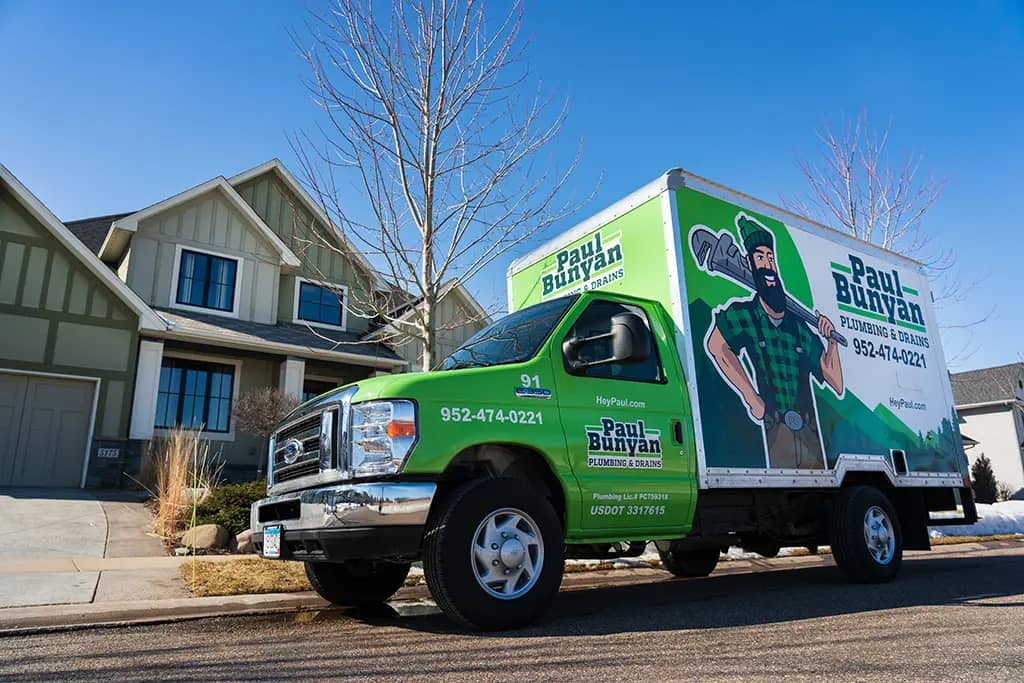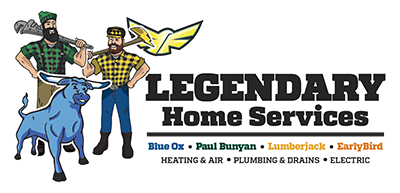Unfortunately, plumbers spend a lot of time responding to plumbing service calls for problems that should have never happened. When homeowners understand plumbing basics, they can save themselves the time and money of many future service calls. We’ve outlined the top nine things your plumber wishes you knew. We promise you’ll be happy you learned them!
1. Grease Doesn’t Go Down the Sink
You’ve just finished cooking up some bacon, and you go to pour the grease down the drain. Where else would it go, right? Wrong! Fat, oil, and other fatty substances should never go down the drain. These substances are liquid when hot but turn solid as they cool. As the grease or fat travels through your pipes, it cools and forms a solid clog. This can combine with food particles to create a big clog that will require you to schedule plumbing service.
Instead, collect your excess oil or fat in a container. Let the substance cool entirely and dispose of it in your garbage or compost bin.
2. Avoid Drain Cleaners (Especially For Older Homes)
If your bathtub isn’t draining, your natural reaction may be to buy a chemical drain cleaner rather than scheduling a plumbing service. While drain cleaners may temporarily seem to resolve the problem, they can actually do more harm than good. Chemical drain cleaners can corrode old, thin drainpipes and result in leaks.
If you’re going to use a drain cleaner, we recommend using an all-natural one. If the problem arises again, it’s time to bite the bullet and call a plumber.
3. Sometimes You Want a Dripping Faucet
If you’re in a region with extreme weather changes and cold winters, such as Minneapolis, MN, you’re likely at risk for frozen pipes. This is a problem you want to avoid at all costs as frozen pipes can explode and damage your home and belongings. If you know frozen pipes are a problem in your area, or if you’ve had frozen pipes before, it’s best to take preventative actions. When temperatures are forecasted to drop, leave a steady, slow drip for all your faucets. This keeps the water running through the pipes, which reduces the risk that the water will freeze.
However, if you’ve had frozen pipes in the past, don’t assume a dripping faucet is a perfect solution. Schedule a plumbing service to discuss with a professional what your best options are to reduce the risk of frozen pipes.
4. Garbage Disposals Aren’t Garbage Cans
We don’t blame you; the name seems to imply that you should use your garbage disposal as a garbage can. But, plumbers hate garbage disposals because most homeowners don’t use them correctly. Garbage disposals can’t handle most food scraps, especially fibrous items like celery and potato peels. Instead, these scraps collect and clog up your drains, causing serious plumbing issues. Or, the food scraps can break your garbage disposal.
Avoid unnecessary plumbing service calls by throwing food scraps in the garbage or compost bin, and give your garbage disposal a break!
5. Don’t DIY
In this era, when we have unrestricted access to endless amounts of data, people mistakenly think they can do a professional’s job by reading some instructions. We’re here to talk you out of that mindset. Plumbers spend years in school and then years practicing their trade. To think that you will be able to learn their skills in a day is foolish. More often than not, plumbers spend time answering plumbing service calls where they are fixing DIY attempts.
6. Shut Off Your Water Valve Before Vacation
This is a tip a lot of people are unaware of but can be immensely helpful. No one wants their relaxing vacation interrupted by a call from the neighbor about their home flooding. To avoid this potentially horrible disaster, you can simply turn off your water valve before you leave for vacation. Another tip is to open up a few sink or tub faucets to release the lines’ water pressure.
7. Annual Water Heater Flushing
Depending on the type that you have, a water heater can last anywhere between 8-12 years. However, you want to ensure you schedule regular maintenance for the water heater to last on the longer side of that range. Your water heater should be flushed on an annual basis. The flushing process removes lime and other deposits, which, if left to build up, can reduce your appliance efficiency.
Water heater flushing is a job for a professional plumber. Schedule a plumbing service, and the plumber will flushing the water heater and notify you of any other appliance issues that may need to be addressed.
8. Don’t Ignore Problems
Whether it’s a clogged drain, a leaking toilet base, or a dripping faucet, it’s essential not to ignore plumbing problems. Many plumbing issues show early warning signs, but the problems will continue to magnify if they’re not addressed. Always schedule a plumbing service inspection if anything isn’t working correctly. Getting a plumber to come in early can save you the time and money from dealing with a much larger issue later on.
9. Don’t Believe “Flushable” Marketing
Plumbers have noticed more and more items coming onto the market as “flushable.” This includes flushable baby wipes, makeup wipes, and more. Despite being marketed as flushable, these items can wreak havoc on your toilet. There is a straightforward rule for the bathroom: only toilet paper can be flushed down the drain. Everything else doesn’t break down in the water fast enough and can cause clogs.
Paul Bunyan Plumbing & Drains – Minneapolis, MN
Even with these tips, sometimes, plumbers need to be called into the home. Paul Bunyan Plumbing & Drains is proud to serve the entire Minneapolis, MN area. Paul Bunyan started his business after spending years as a plumber in Minnesota. Now, the company has grown to serve its communities with expert plumbing services from skilled technicians. Call us today to book an appointment for any of your scheduling needs.


